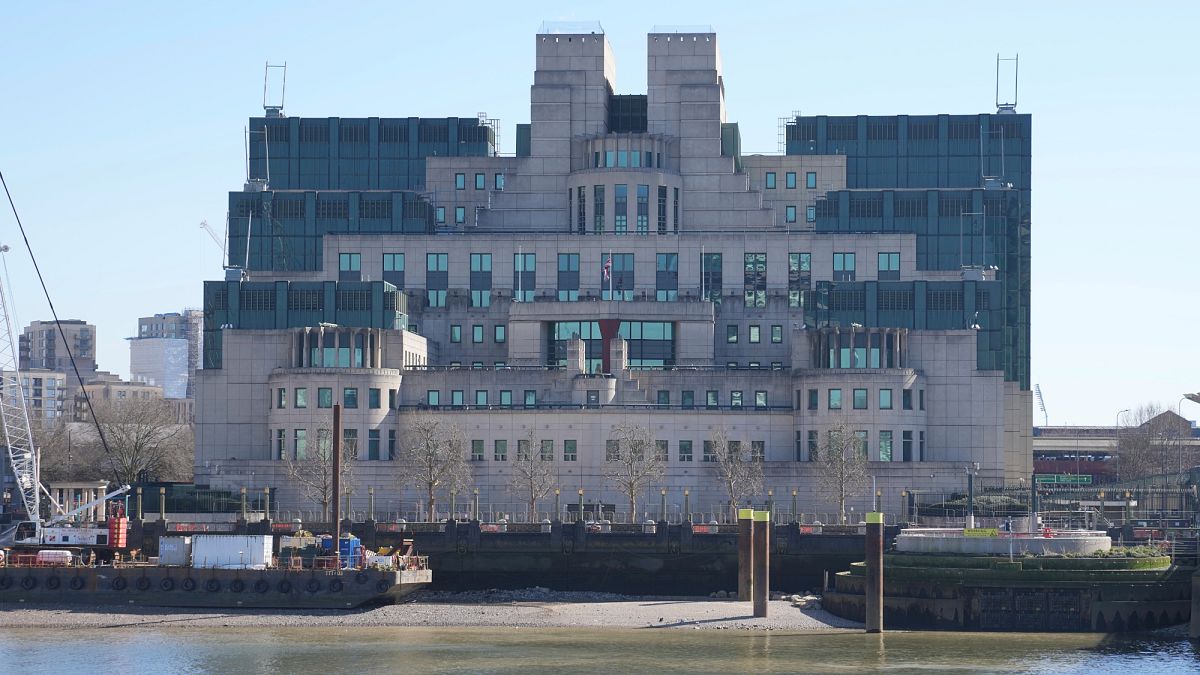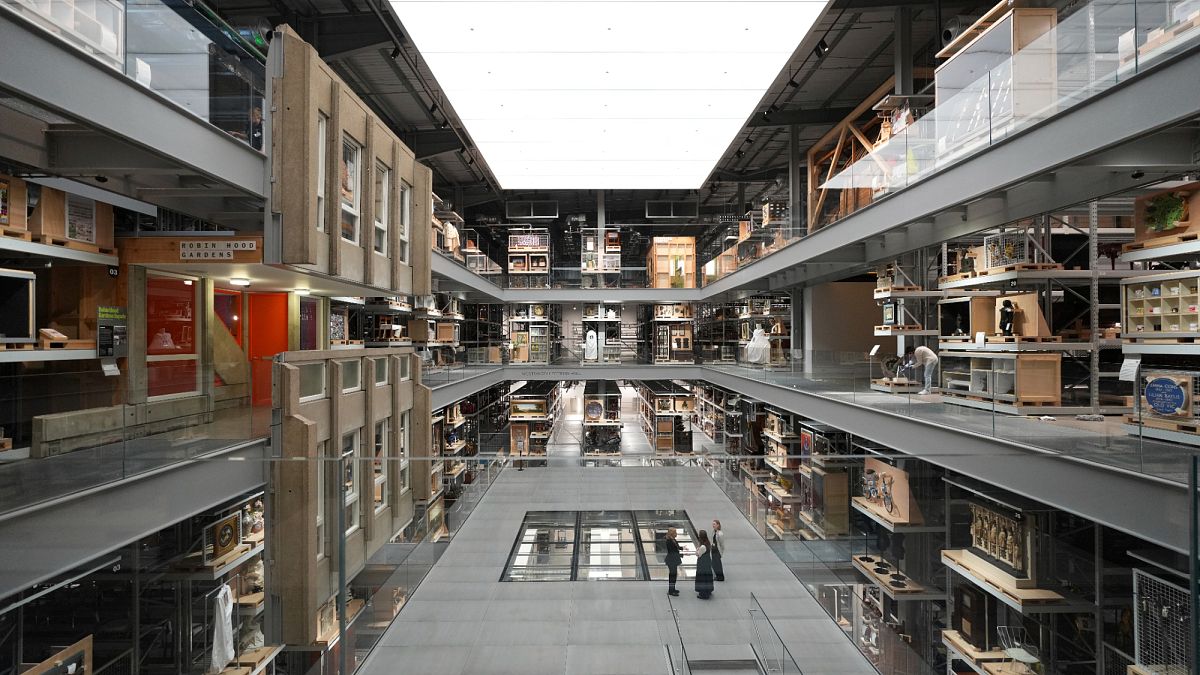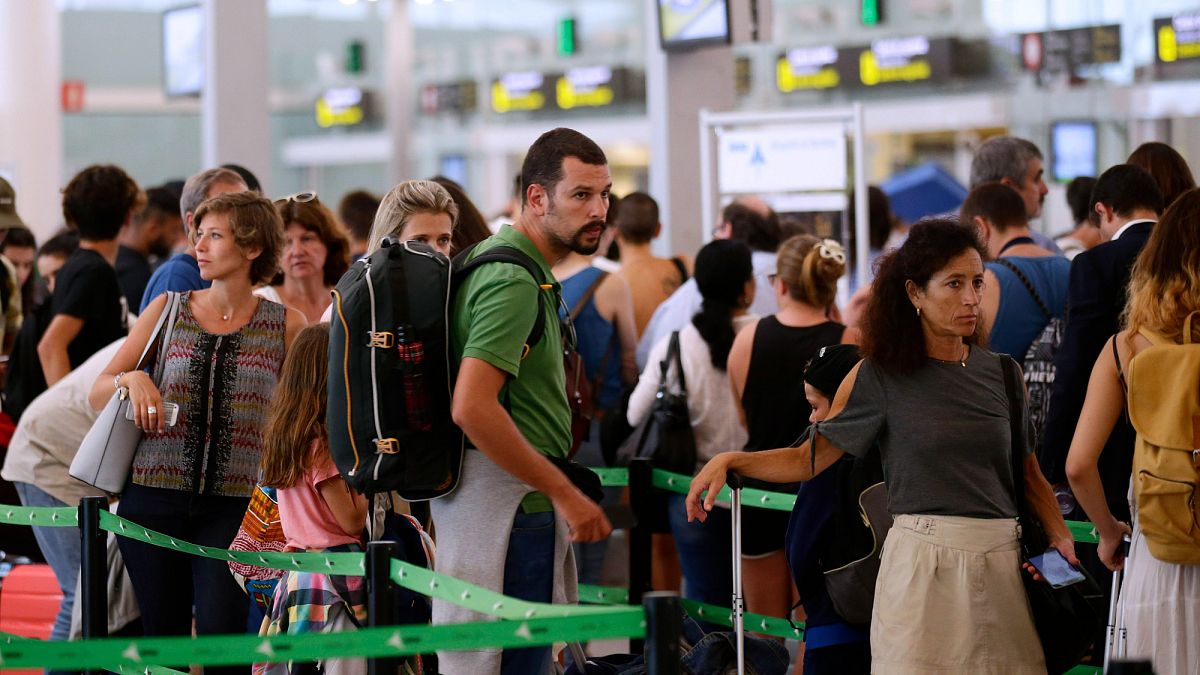Which European countries are not prepared to cope with hot days?

Researchers say buildings in places like Northern Europe “act like greenhouses” and aren’t designed to cope with hot days.
Switzerland, the UK and Norway are “dangerously unprepared” to keep people cool if the world overshoots 1.5ºC of global warming.
New research from the University of Oxford has revealed which countries will see the most dramatic increase in days that require cooling interventions like window shutters, fans or air conditioning.
8 out of the 10 countries with the biggest increase in uncomfortably hot days globally will be Northern Europe.
It’s a vicious cycle too, the researchers say. Without proper measures for sustainable cooling, there will be a sharp increase in the use of energy-guzzling air conditioning systems.
If fossil fuels are used to combat the heat, then greenhouse gas emissions increase and speed up the rate of global warming.
Where will see the biggest increase in uncomfortably hot days?
The study uses a concept called “cooling degree days”. These are days where the temperature will be above average for the region and some kind of cooling system is needed to keep populations comfortable.
If global warming breaches 1.5ºC, Ireland will be at the top of the list with 38 per cent more days with these uncomfortably hot temperatures.
Switzerland and the UK will see a 30 per cent increase while Norway will see a 28 per cent increase.
Finland and Sweden come next each with a 28 per cent increase followed by Austria (25 per cent) then Canada, Denmark and New Zealand (24 per cent).
The researchers say that these are “conservative” estimates too. They don’t include extreme events like heatwaves which would come on top of the average increases.
They say that these countries are “dangerously unprepared” for the change.
Buildings in Northern Europe are not designed for the heat
“Northern European countries will require large-scale adaptation to heat resilience quicker than other countries,” says co-lead author Dr Nicole Miranda.
She points out that the UK saw massive amounts of disruption during 2022’s record-breaking heat waves. Extreme heat also brings the risk of dehydration, exhaustion and even death – especially in vulnerable populations like the elderly or people with disabilities.
“It’s a health and economic imperative that we prepare for more hot days,” Miranda adds.
Part of the problem is that buildings in places like Northern Europe are better designed to keep the heat in during winter than to keep cool during summer months.
Adapting our built environment would mean we don’t need to increase our use of air conditioning, co-lead author of the study, Dr Jesus Lizana explains.
“Right now, in countries like the UK, our buildings act like greenhouses – no external protection from the sun in buildings, windows locked, no natural ventilation and no ceiling fans.
“Our buildings are exclusively prepared for the cold seasons.”
Source: Euro News















